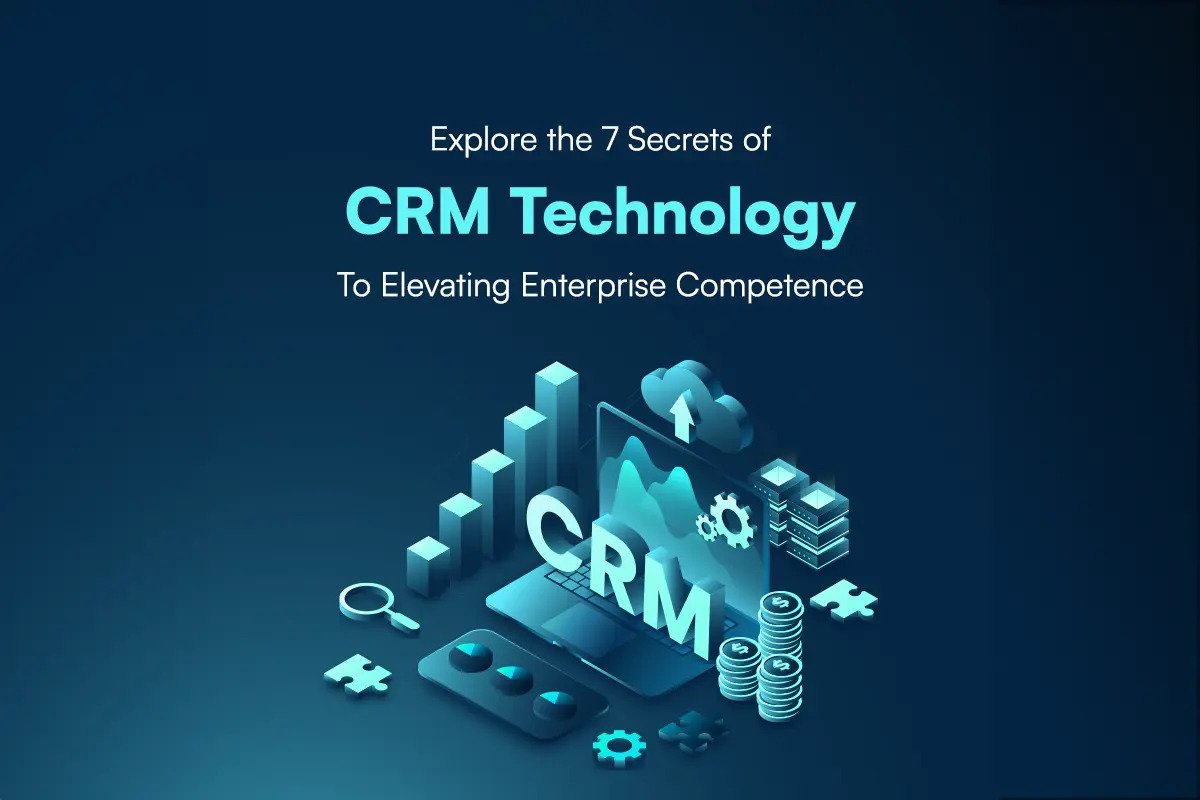In today’s rapidly evolving business landscape, enterprises across industries are turning to CRM (Customer Relationship Management) technology to gain a strategic advantage over their competition. Let’s explore how CRM solutions can elevate organizational performance and position businesses as industry leaders.
1. Precision in Customer Understanding:
CRM technology empowers enterprises to develop an in-depth understanding of their channel partners and customers. By centralizing customer data, preferences, and interactions, businesses can create targeted strategies that resonate with their audience. This precision in customer understanding leads to more effective marketing, increased customer satisfaction, and a competitive edge in delivering tailored products and services.
2. Seamless Sales Processes:
Efficient sales processes are the heartbeat of any successful enterprise. CRM solutions streamline sales activities by providing a unified platform for lead management, opportunity tracking, and performance analysis. This not only accelerates the sales cycle but also equips sales teams with the insights needed to close deals swiftly, outpacing competitors in the market.
3. Agile and Data-Driven Decision-Making:
In the fast-paced business environment, agility is paramount. CRM technology transforms raw data into actionable insights, enabling agile decision-making. Businesses armed with real-time data can swiftly adapt to market changes, optimize strategies, and make informed decisions that keep them ahead of the curve.
4. Enhanced Operational Efficiency:
Automation lies at the core of CRM technology, reducing manual efforts and enhancing operational efficiency. Routine tasks, from data entry to follow-up communication, are automated, freeing up valuable resources. This efficiency not only reduces costs but also allows enterprises to allocate manpower strategically, optimizing overall performance.
5. Scalability for Growth:
As enterprises evolve, scalability becomes a critical factor for sustained success. CRM solutions provide the flexibility and scalability needed to support business growth. Whether expanding into new markets or diversifying product lines, CRM technology ensures that organizational processes remain streamlined and adaptable, providing a significant competitive advantage.
6. Customer-Centric Innovation:
CRM technology promotes a customer-centric approach to innovation. By continuously analyzing customer feedback and market trends, businesses can proactively innovate their products and services. This customer-driven innovation not only meets evolving demands but also positions enterprises as industry leaders, setting the standard for excellence.
7. Strategic Relationship Building:
Building and maintaining strong relationships with customers, partners, and stakeholders is crucial for long-term success. CRM technology facilitates strategic relationship building by ensuring personalized and consistent interactions. This nurtures loyalty and advocacy, giving enterprises a competitive edge in an environment where relationships are key.
Conclusion: CRM technology is not merely a tool; it’s a trigger for organizational transformation and a key driver of competitive advantage. Enterprises that utilize the power of CRM technology can unlock new levels of performance, agility, and customer-centric innovation, advancing them to the forefront of their industries. As the business landscape evolves, CRM technology remains a cornerstone for those who aspire not just to compete but to lead.


